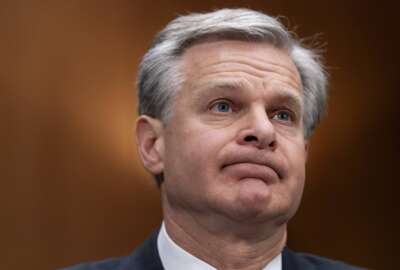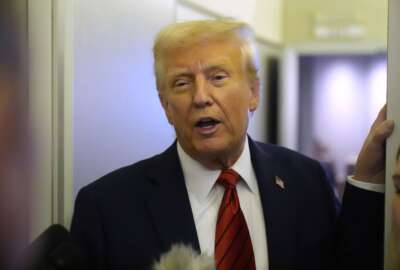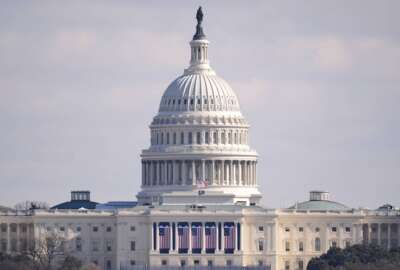Carper: lower energy use, reduce spending
A new bill for saving energy and money for your agency. Senator Tom Carper (D-Del.) explains it.
wfedstaff | June 4, 2015 12:43 am
Agencies already have one tool to help reduce energy costs: Energy Savings Performance Contracts allow agencies to complete energy-saving projects without having to spend money up front.
Senator Tom Carper (D-Del.) wants agencies to use them for vehicles too. It’s one provision in the “Reducing Federal Energy Dollars Act of 2011” sponsored by Carper.
“You want to be able to use the private sector {and} some market forces in a different way to reduce energy costs,” Carper said.
Carper highlighted some of the bill’s objectives:
- Extends the Energy Savings Performance Contracts program to the government’s mobile fleet.
- Apply changes made at the Department of Veterans Affairs to better manage energy use of desktop computers across the government
- Increase agency disclosure of energy efficiency
Using ESPCs allows federal agencies to contract with an energy service company (ESCO) to carry out work with payment differed until cost-savings are realized. The private sector ESCOs are responsible for designing projects that meet the agency’s energy saving needs and generate enough cost savings to pay for the project. Any cost savings over the price of the project is then becomes direct savings for the federal agency.
According to the Dept. Of Energy, as of May 2011, more than 570 projects worth nearly $3.9 billion have been implemented at 25 Federal agencies in 49 states and D.C. They resulted in $13.1 billion in energy costs savings, of which approximately $3 billion is direct savings for the government (and therefore $3 billion in reduced federal spending).
Carper also explained changes that VA has made that resulted in significant energy cost savings. Through software and hardware modifications, the department can cut off power to desktops that are not in use in the evening and weekend hours, reducing energy consumption
“They saved, I believe, something like 10 or 12 million dollars last year at the VA by making these changes,” Carper said. “Why not take what’s been done at the VA and spread it across the government?”
Another objective of the bill is to emphasize transparency.
“We’ve learned that transparency and openness can be a really good thing in terms of controlling costs,” Carper said.
There is limited oversight from government auditors and Congressional, so if agencies can disclose openly how energy efficient they are or are not, then it would allow the government to not have to monitor and require disclosure.
“Transparency is the best disinfectant,” Carper said. “We just want to be far more transparent in the use of energy by agencies across the board. And those {agencies} that are doing a good job, they’ll get accolades. And those that aren’t, they’ll learn from the folks that are doing a good job.”
Copyright © 2025 Federal News Network. All rights reserved. This website is not intended for users located within the European Economic Area.





